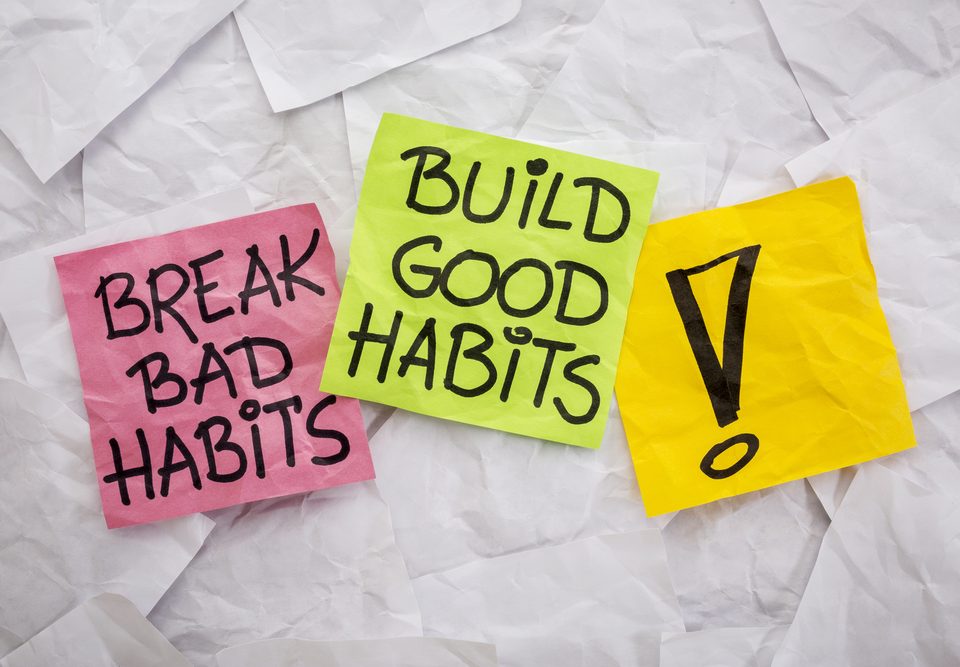
The Wrongs of Yesterday Have Become the Norms of Today
July 1, 2022
Be a Role Model
July 4, 2022Of particular concern is the impact of processed foods and refined sugar to the developing brain.
While the hard science directly linking sucrose and fructose to impaired human brain development is either lacking or inconclusive, a Bristol-based study tracking 14,000 British children called “The Avon Longitudinal Study of Parents and Children” has provided a potential causative link between a predominantly processed food-based diet at the age of 3 and a lower IQ at the age of 8, suggesting that any cognitive/behavioral effects relating to eating habits in early childhood may well persist into later childhood, despite any subsequent changes to dietary intake. As might be expected, the converse effect of improved mental performance was also demonstrated in children whose diets were comprised of foods rich in nutrients.
Regular, repetitive exposure or bingeing on foods containing refined, processed sugars does something else to these young impressionable brains. In certain situations, it creates a situation that is not all that different from what happens in the brains of addicts and alcoholics. That is to say, overconsumption of sugar can have addictive effects on the brain.
In an informative TED-Ed animated piece by neuroscientist Nicole Avena entitled, “This is Your Brain on Sugar,” she describes how regular exposure of the brain to sugar sends the brain’s reward center into overdrive in much the same way as drugs of abuse such as alcohol, nicotine and heroin. The refined sugar elicits the release of the feel-good chemical dopamine from the same part(s) of the brain that reinforces repetitive drug and alcohol using behavior via the same neurochemical mechanism.
To learn more about Nutrition add the Nutrition Issue to your MASK Library
MASK the Parenting Magazine a quarterly publication providing solutions for Today’s Families.
The parenting manual offering solutions to the modern-day challenges families face. From Pre-K through College stay up to date on the modern day issues families face.
Are you up to date on the issues your child is facing?
MASK Mothers Awareness on School-age Kids offers parenting solutions for today’s families. MASK tackles important topics – from drugs and alcohol to bullying and Internet safety -and gives students, parents and the community the knowledge and tools to manage these potential challenges.
Subscribe today! https://www.tools4teaching.com/product/mask-the-magazine/
Download and share the MASKmatters app now! Made for children, parents, teachers and in Spanish.
Have solutions at your fingertips
Available free on apple and google play links below
Apple https://apps.apple.com/us/app/maskmatters/id1482305692
Googe Play
https://play.google.com/store/apps/details?id=com.maskmatters.maskmattersapp&hl=en_US&gl=US




